Hydrogeology
Hydrogeological Assessments involve the development of a conceptual understanding of the movement of groundwater underlying a site or a region and the ability of this groundwater to assimilate discharges to ground and contamination/spill events or to provide a sufficient groundwater resource for abstraction or dewatering purposes. These assessments typically involve the completion of a Tier 1, 2, 3 assessment depending on the identified risk to the environment or to human health.
Example level of Tiers:
Tier 1 Assessment (Low Risk Sites) – This involves the completion of a detailed background data gathering exercise and the development of a preliminary Conceptual Site Model (CSM) of the site based on the Source-Pathway-Receptor concept.
Tier 2 Assessment (Medium Risk Sites) – This involves the completion of the above, in addition to a more detailed level of assessment, often involving the drilling of boreholes, excavation of trial pits and both soil and water sampling & testing. The assessment results are compared site safe Generic Assessment Criteria (e.g. 2010 Groundwater Regulations) and a site-specific Hydrogeological Risk Assessment completed.
Tier 3 Assessment (High Risk Sites) – This level of assessment is the most detailed level required for high risk or high vulnerability sites and involves the completion of the above activities in addition to hydrogeological modelling or Detailed Quantitative Risk Assessment (DQRA). Site-specific safe thresholds are developed to assess the level of risk involved and appropriate remedial measures provided, if deemed necessary.
BREL provide a full range of hydrogeological services including:
Hydrogeological Site Investigation & Assessments
Hydrogeological Impact Assessments
Groundwater Monitoring Programs
Wastewater or Process Water Discharges to Ground
Discharge licence Applications
Groundwater Resource/Abstraction Assessments
Source Protection Zone Assessments
Dewatering Programs
Geothermal Feasibility Studies
Borehole Decommissioning
Quarry Impact Assessments
Proposed & Existing Cemetery Site Assessments
Eco-hydrogeological Assessments of Groundwater Dependent Terrestrial Ecosystems (GWDTEs) including peatlands, turloughs, fens and petrifying springs

